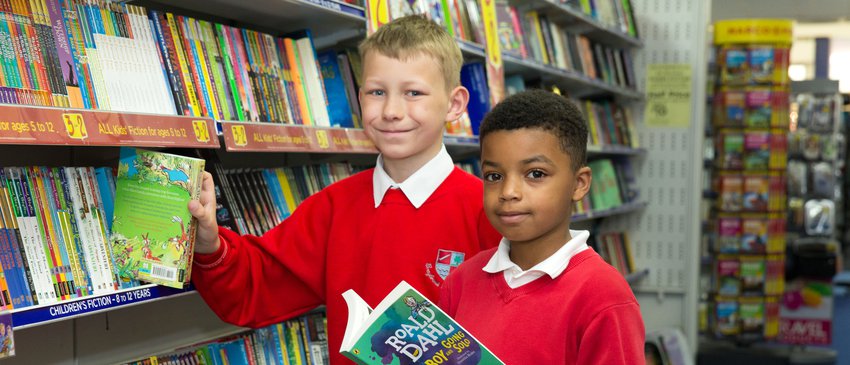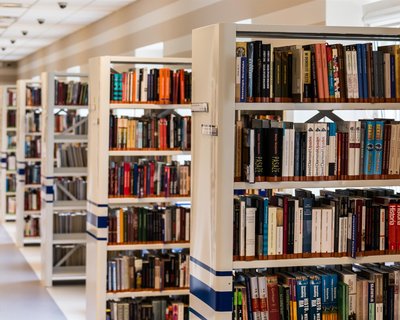Literacy and access

Literacy levels in the UK are closely related to socioeconomic circumstances, which in turn can have an impact on access to crucial materials needed to build literacy skills. This might include access to books at home, library provision, or even access to the technology needed to learn at home during school closures.
Key statistics
- In 2021, almost 6% of children and young people said they didn’t have a book of their own at home – this equates to 413,068 children and young people in the UK. Find out more.
- 40% of primary schools reported having no dedicated school library budget. Find out more.
- In secondary schools, under half (48.4%) of pupils have access to an iPad or laptops and just two in five (39.3%) have access to a desktop computer. Find out more.
COVID-19 and access
Remote teaching highlighted inequalities in access when it came to resources, with many families lacking the provision they needed in terms of devices, data and space. Find out more.
Latest research into access
-
Based on data from our 2023 Annual Literacy Survey, this report tracks book ownership in children and young people in the UK.Learn more about Book ownership in 2023.
-
Evidence from across the sector and submissions from teachers to give an idea of the current situation in primary school libraries; the benefits they bring to pupils and the...Learn more about The Future of Primary School Libraries.
-
This report, commissioned by World Book Day, captures children’s perceptions of how the event supports their reading opportunities and influences their developing reading identities.Learn more about Exploring the impact of World Book Day on the reading lives of children in the UK 2019-2021.
What else we know about access
- Pupils eligible for free school meals are more likely than their peers who are not eligible for free school meals to use their school library daily (66.5% vs. 60.3%). Find out more.
- Audiobooks and podcasts can offer access to stories for those who struggle with print texts. Find out more.
- Fewer children and young people who receive free school meals (FSM) have said that they had a writer visit compared with their peers who don’t receive FSM (23.7% vs. 27.6%). Find out more.

Our work around access
-
Reading for enjoyment is key to improving literacy skills. The Young Readers Programme runs fun events where children can choose books to take home and keep.Learn more about Young Readers Programme.
-
An alliance with Penguin Books to address the chronic lack of investment in UK primary school libraries.Learn more about Libraries for Primaries.
-
Scaffolded and supportive literacy programmes designed for excluded students and those at risk of exclusion in mainstream and alternative provision settingsLearn more about Alternative Provision.



